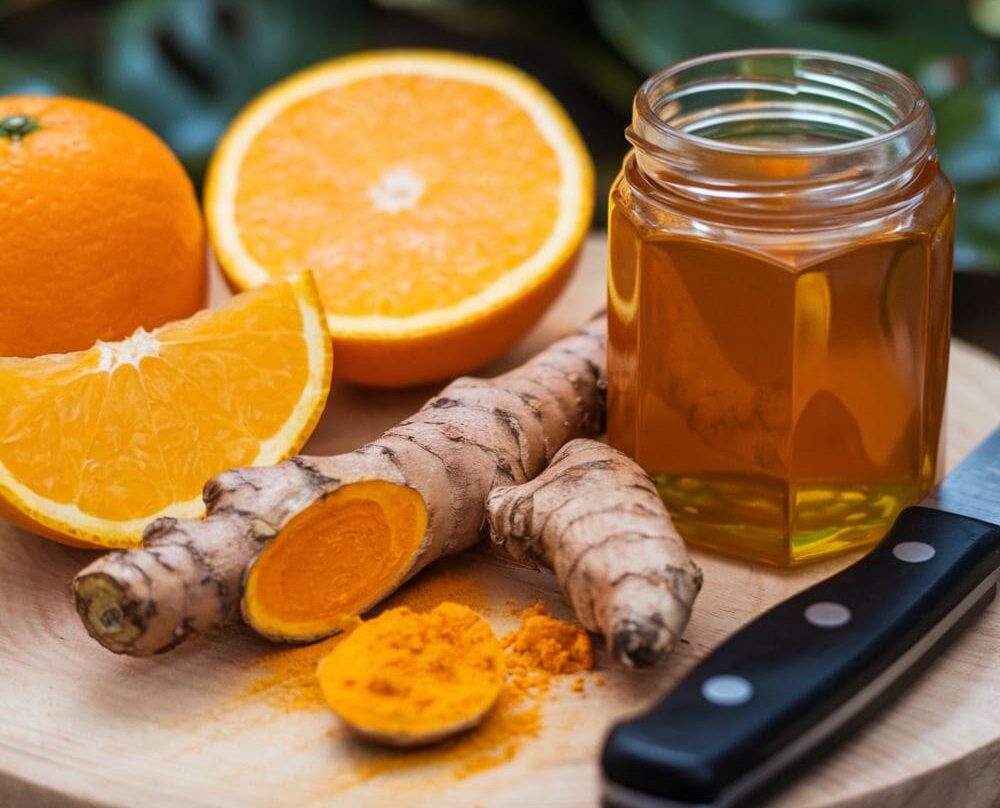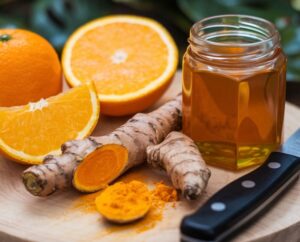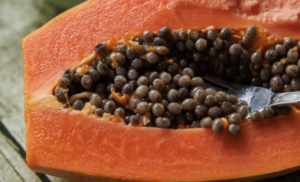The Hidden Dangers of Vegetable Oils
In today’s world, seed oils, often labeled as “vegetable oils,” are ubiquitous. These oils, found in nearly every household, restaurant, and processed food product, are often touted as “heart-healthy.” But in reality, these oils are far from healthy, and consuming them regularly can lead to significant health problems. Let’s dive into why you should reconsider using seed oils like soybean, sunflower, canola, and cottonseed oil, and explore healthier alternatives for your cooking and food.
What Are Seed Oils and Why Are They Harmful?
Contrary to what many believe, “vegetable oils” aren’t made from vegetables at all. These oils are derived from seeds, including soy, corn, sunflower, and cotton. The production process involves high-heat extraction (above 400°F) and the use of chemical solvents. This method not only damages the oils but also creates toxic byproducts, including trans fats, which have been linked to various health issues.
Seed oils are heavily processed, often deodorized to mask their rancid taste and smell. However, deodorization does not eliminate the oxidation or rancidity—rather, it hides the harmful effects, making them more dangerous. Some of the toxic compounds in these oils, like BHA (a possible human carcinogen), can wreak havoc on your immune system, liver, and nervous system.
The Link Between Seed Oils and Chronic Inflammation
The most concerning issue with seed oils is their contribution to chronic inflammation. Inflammation is a common denominator in nearly all chronic diseases, including heart disease, diabetes, and cancer. These oils are high in omega-6 fatty acids, which, when consumed in excess, can promote inflammation in the body.
Consuming seed oils regularly can damage cell membranes and store excess fat in fat cells, where it can cause further harm. Detoxifying these oils from your body can take up to two years—highlighting just how harmful they can be over time. No wonder the use of anti-inflammatory medications like Humira has skyrocketed, as inflammation continues to rise in our modern diets.
Why Are Seed Oils Considered “Heart Healthy”?
You may be surprised to learn that seed oils are marketed as heart-healthy alternatives to saturated fats. However, this claim is based on flawed science. For decades, the food industry has pushed the narrative that saturated fats, like those found in butter and animal products, are unhealthy, while unsaturated fats, found in seed oils, are better for heart health.
The truth is, saturated fats are stable and less likely to oxidize or cause inflammation. On the other hand, seed oils undergo extensive processing and are much more prone to oxidation, especially when exposed to heat. These damaged oils contribute to oxidative stress in the body, which is a precursor to chronic diseases, including heart disease.
The Most Toxic Seed Oils You Should Avoid
Not all seed oils are created equal. Some are more toxic than others due to their high omega-6 content and the processing methods used. Here are the most common seed oils to avoid:
1. Soy Oil
2. Corn Oil
3. Sunflower Oil
4. Canola Oil
5. Cottonseed Oil (the most toxic of them all)
Cottonseed oil, in particular, is a highly processed oil with the highest levels of omega-6 fatty acids, making it incredibly inflammatory. It’s also frequently used in animal feed, which ultimately leads to its presence in the food we consume.
Seed Oils and Their Impact on Cancer
Chronic inflammation, combined with a lack of oxygen, creates an environment where cancer cells can thrive. Studies have shown that excessive omega-6 intake from seed oils can contribute to the development and growth of cancer. This is because omega-6 fatty acids can trigger an inflammatory response that accelerates the growth of cancerous cells.
Moreover, consuming seed oils can lead to insulin resistance, another risk factor for cancer, obesity, and diabetes. These oils disrupt the balance of essential fatty acids in the body, contributing to long-term health issues.
Healthier Alternatives to Seed Oils
If you want to avoid the dangers of seed oils, there are several healthier fat alternatives you can incorporate into your diet:
1. Extra Virgin Olive Oil
Olive oil, particularly extra virgin olive oil, is rich in monounsaturated fats and antioxidants. It is ideal for low to medium heat cooking and as a dressing for salads.
2. Coconut Oil
Coconut oil is highly stable and can withstand higher cooking temperatures without breaking down. It’s a great alternative for sautéing, frying, and baking.
3. Butter and Ghee
Grass-fed butter and ghee (clarified butter) are excellent sources of saturated fat. They’re also stable at high temperatures and add rich flavor to your dishes.
4. Red Palm Oil
Organic, unrefined red palm oil is another stable cooking fat that can replace seed oils. It’s rich in antioxidants and beneficial for both heart and skin health.
5. Avocado Oil
Avocado oil is another great option for high-heat cooking. It contains monounsaturated fats that support heart health and reduce inflammation.
6. Tallow and Lard
Tallow (beef fat) and lard (pig fat) are excellent cooking fats due to their stability at high temperatures. These fats can also add unique flavors to dishes.
How to Avoid Seed Oils in Processed Foods
Seed oils are often hidden in processed foods, including mayonnaise, salad dressings, and snack foods. When shopping, always check the labels for oils like soybean, canola, and sunflower oil. Opt for products that use healthier oils such as avocado oil or olive oil.
For example, when choosing mayonnaise, look for brands that use avocado oil or olive oil as the primary ingredient, not soy or canola oil.
Conclusion
Seed oils, commonly referred to as vegetable oils, are not as heart-healthy as they’re made out to be. Their inflammatory properties, potential to damage cell membranes, and contribution to chronic diseases make them a poor choice for your health. By switching to healthier oils like olive oil, coconut oil, butter, or avocado oil, you can reduce inflammation, improve your overall health, and protect your body from the harmful effects of seed oils.
Make the change today by cleaning out seed oils from your kitchen and replacing them with healthier options. Your body will thank you for it in the long run.
Share this content:











